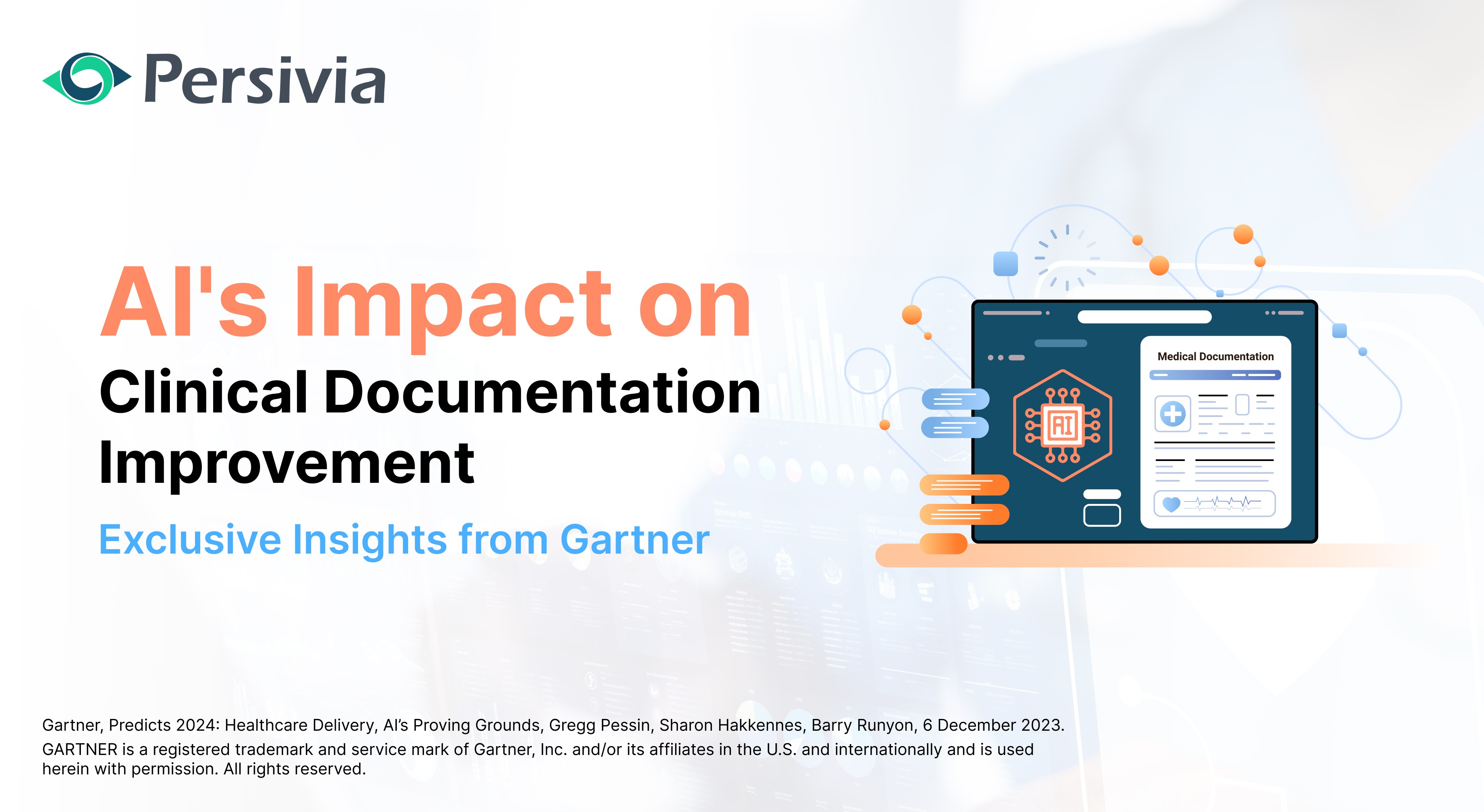Healthcare grapples with significant challenges, from staff shortages to capacity issues and an aging population. As a response, AI technologies, such as Ai in clinical documentation, are actively explored to augment human capacity and overcome operational hurdles. Looking ahead to 2027, industry experts anticipate a paradigm shift with a substantial reduction in clinicians’ documentation time through generative AI.
“By 2027, clinicians will have reduced the time spent on clinical documentation tasks by 50% through the use of generative AI technologies integrated into the EHR, improving clinician and patient experience.”
Gartner
Clinicians are challenged with balancing optimal patient care with efficiently managing associated documentation and administrative responsibilities A recent study of U.S. physicians found that they spend, on average, 15.5 hours on paperwork and administrative tasks every week. In addition, administrative tasks have been estimated to account for nearly 25% of U.S. healthcare spending.
GenAI has sparked widespread interest in, and focus on, the potential to automate and augment many of these administrative tasks to free clinician time to provide clinical care and reduce burnout.
Early use cases include: ambient digital scribes to automate clinical encounter documentation; drafting responses to patient messages; summarizing information in the clinical record; drafting other clinical documents, such as referral letters and patient discharge summaries; and automating clinical coding.
Large Language Models (LLMs) are pivotal in this transformation, falling under the domain of generative artificial intelligence (AI). Beyond text generation, LLMs excel in summarizing, classifying, and extracting information, particularly in clinical documentation. Traditionally reliant on labor-intensive human efforts, clinical documentation can be streamlined by distilling ambient transcripts into the familiar SOAP format. LLMs can classify notes by complexity, support accurate coding and billing practices, and extract discrete data from unstructured text, enhancing decision support tools and predictive models.
In medical dialogues, LLMs streamline summarization processes, enhancing understanding and retention of information exchanged during appointments. They also efficiently respond to patient queries, providing quick and accurate answers regarding diagnoses, treatments, or medications. In patient histories and assessments, LLMs assist physicians in creating detailed records based on interviews and past medical data, facilitating comprehensive patient profiles. Additionally, the technology can recover missing patient data from unstructured texts, contributing to more accurate diagnoses.
The effective analysis of patient data, including predictive analytics, is a strength of LLMs. They facilitate the early identification of potential health issues, allowing healthcare providers to intervene early and plan more effective treatments. Simplifying radiology reports is a practical application, where LLMs generate plain language summaries for accessibility to both physicians and patients, promoting proactive healthcare approaches.
In treatment planning and monitoring, LLMs aid in generating plans and recommending medications efficiently. They predict disease progression, assisting in monitoring patients’ health over time and facilitating early interventions. LLMs support clinical decision-making by providing data-driven insights into different treatment paths, improving care outcomes. On the administrative end, they automate coding, reducing the risk of denied claims and financial penalties.
Generative AI, especially LLMs, enhances documentation through interoperability, utilizing a patient’s longitudinal/profile data. This data provides high-value information at the point of care, revolutionizing patient care delivery. CareSpace®, a cutting-edge platform, stands out in healthcare organizations. Its highly interoperable and modular architecture offers infinite combinations of workflows, clinical programs, and processes. The platform uses a range of data, including Clinical, claims, HIEs/ADTs, Patient-Reported, and SDOH, to build a dynamic longitudinal patient record.
Powered by the Persivia Soliton™ AI engine, CareSpace® evaluates each piece of data through advanced AI models, aligning with goals to improve care and organizational efficiency. Providers benefit from real-time data analysis, risk stratification, and the detection of high-quality evidence-based alerts, care gaps and coding opportunities. Care plans can be generated and tracked across large populations and care teams, enabling bidirectional communication with patients and their care teams.
Grab a copy of Gartner’s complimentary report here
